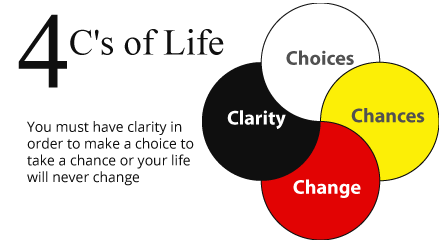

Converging Pathways Mission
 Indigenous people have experienced seven generations of genocide through the residential school eras. Indigenous people today are laying the foundation for the Eighth Fire (eighth generation) to be lit. The generation to come includes those who make a choice of coming together for community, the environment and to fundamentally shift ways of knowing.
Indigenous people have experienced seven generations of genocide through the residential school eras. Indigenous people today are laying the foundation for the Eighth Fire (eighth generation) to be lit. The generation to come includes those who make a choice of coming together for community, the environment and to fundamentally shift ways of knowing.
Our Mission
- Shed light on Canada's history of the Indian Residential School system and the multi-generational impacts left behind.
- Reconciliation begins with "ME" thinking.
- Storytelling, gift of voice for Q & A in talking circle.
- Understanding of misconceptions, treaties and motivation of people for culture, spirituality and language needs.
- Create a movement [not a commission or process] for truth, reconciliation and restorative justice. A way to move forward together.
- Building a sustainable business strategy that supports diversity for future growth and acceleration.
- Bridging the gap that exists between Indigenous and non-Indigenous people with respect to emotional, physical, mental and spiritual aspects of being.
Indigenous people are Canada's fastest-growing demographic. It is absolutely essential to work out Indigenous issues. From 1870 - 1996 Canada adopted a policy of forced assimilation to "kill the Indian in the child." Indigenous people have experienced seven generations of loss of language and culture where physical, emotinal, sexual abuse and neglect was common. It is time to light the "Eighth Fire".
As Canadians, we share a responsibility to look after each other and acknowledge the pain and suffering that our diverse societies have endured - a pain that has been handed down to the next generations. We need to right those wrongs, heal together, and create a new future that honours the unique gifts of our children and grandchildren.
Excerpt from Elders Statement and Vision Reconciliation Canada.
